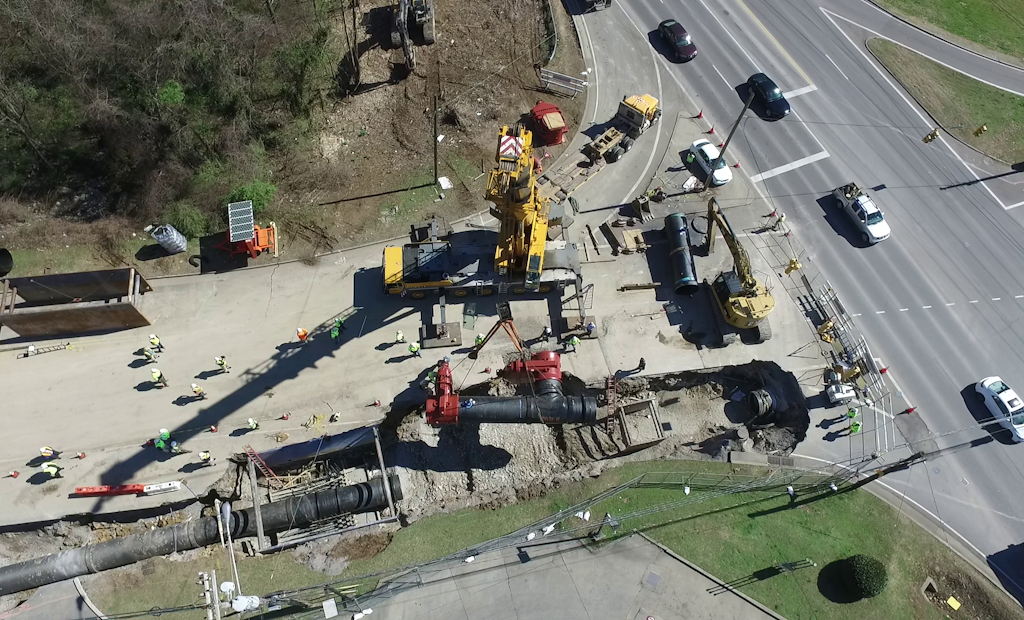Lawmakers on both sides of the aisle have voiced support for more infrastructure spending as a part of the next COVID-19 relief bill — in fact, it’s one of the few things Speaker of the House Nancy Pelosi and President Donald Trump agree on.
The president on Twitter recently...






